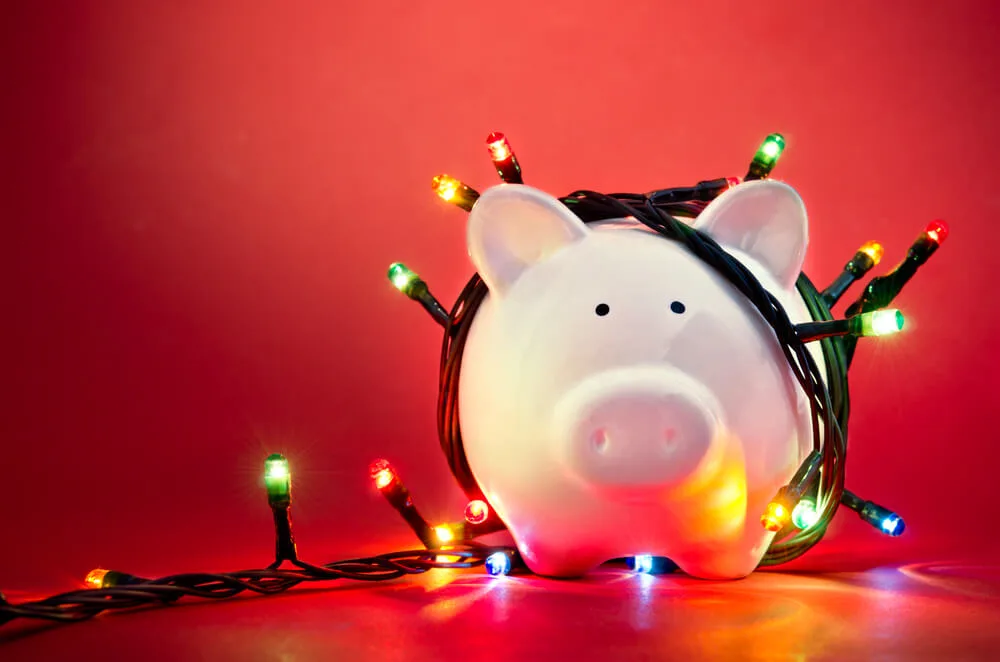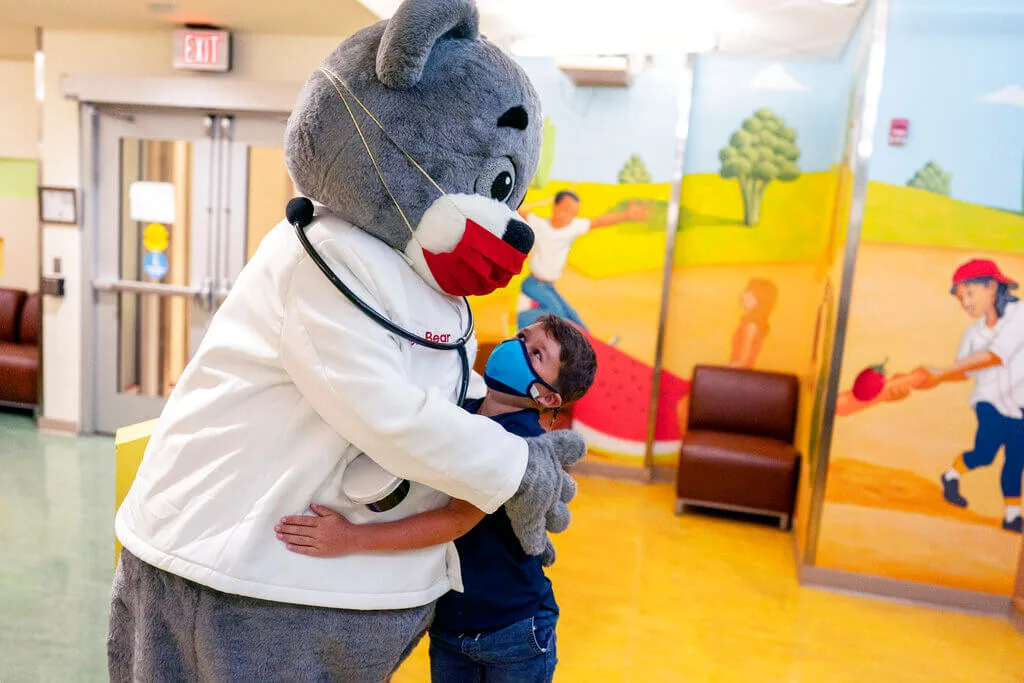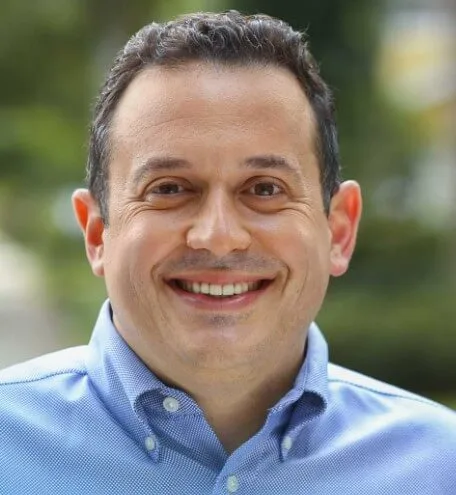
Graphic via Desirée Tapia for The Americano
From local government to Washington, agendas and identities clash and overlap.
As the number of Puerto Ricans in Florida hovers around one million, can they support and propel their candidates to electoral victory without turning on each other? Do they have what it takes to get elected in the long term when a losing campaign could be just the building base of a successful political career? Can they build a political power base in Central Florida and coalesce into a powerful and consistent political force to advocate for issues of importance to them, the way Cubans have done?
The answer is complicated. Many see the situation as one people with many agendas.
“Boricuas have suffered so much, they don’t trust anybody in government any more,” notes Héctor Medina, who ran for mayor of North Miami in 2019. “There’s a lot of directores, too many ‘prima donnas’ and ‘prima dones.’ Too many caciques and few indios.”
There’s also infighting, jealousies, loose lips, and chismes that torpedo campaigns. When it seemed that Miami’s Boricuas could coalesce to mount a winning campaign, Puerto Rico-born Eleazar Meléndez lost in the race for Miami’s city commission’s District 1 to Cuban-American veteran Alex Díaz de la Portilla (R).
Meléndez, a former staffer in Senator Bill Nelson’s reelection campaign, had the backing of the Democratic party and New Florida Majority. His campaign was also fueled by a $150,000 donation from Miami city commissioner Ken Russell’s PAC. Meléndez was formerly employed by Russell, but when he lost, there was a messy divorce from some of his political supporters.
So, what will it take to get Boricuas to enter the political fray in Florida with the same vigor or passion of politics on the island? How long does it take for transplants to understand the difference in political systems between the island and the States?
Medina is from Río Piedras, lives in North Miami and is considering running and challenging incumbent mayor Philippe Bien-Aimé in a city with a large Haitian constituency. He left Puerto Rico in the 1970s.
“People come from Puerto Rico, and they know [politicians] usually have personal and economic [interests]—they think that anybody who’s in politics is making money, ’cause that’s the way it is on the island,” says Medina, who has a track record in local political advocacy. “I can get elected to win my district, but I want to clean up the city.”
“Puerto Ricans are very sensitive to criticism, even if it’s constructive,” said a campaign consultant who works in politics and asked to remain anonymous, in fear of backlash. “So they hire their friends and family as campaign operatives, instead of one with a track record of winning.”
Political campaigns are often dirty, and take a personal toll few expect. Gabriela de Jesús, a young Puerto Rican-Dominican candidate for Florida House District 116 (near Florida International University) stunned the Coral Gables Democratic Club on February 13 when she announced she was dropping out of the race for “personal reasons” at a meet-the-candidates gathering.
Many new candidates can continue campaigning—if they have money. Roberto Asencio, who lost in the Florida senatorial bid in 2018 after serving as a state representative in Tallahassee in 2016, sees a need for educating voters. “That’s why bad candidates at the local level, and even at the state level, will get reelected time and time again,” he adds.
“If you have money, you can communicate and craft your message,” adds Asencio, who is running for Miami-Dade county commissioner.
One of the problems for Puerto Rican politicians, is that deep-pocket supporters from the island who are habitual contributors to campaigns for the PNP or PPD party candidates, sometimes sit it out on the sidelines when it comes to stateside politics.
There are also times when Puerto Rico becomes a national issue, like when Hurricane Maria struck in 2017 caused a mass migration to Florida. The state’s governor Rick Scott, who was then campaigning for a seat in the U.S. Senate, made several visits to the island, usually accompanied by the PNP-party brass and appearing in publicity pictures, a habit he is continuing after the recent quakes in early 2020 in Ponce. Puerto Ricans gave him significant support, as Scott unseated a three-term senator, Democrat Bill Nelson. “[Former Puerto Rico-governor] Rosselló was giving him facetime. It was a smart move by Scott,” says Asencio.
If Boricuas have a difficult time catching favorable political winds in south Florida, in the Orlando area it’s a different story. The Boricua influx to Orlando and Kissimmee means there should be plenty of candidates in central Florida. Johana López and Maribel Gómez Cordero won seats on the Orange County (Orlando) commission in the last election in 2018.
Being a Puerto Rican candidate in Florida means that you are, in some way, campaigning about island issues, too—especially considering that many Boricuas still feel more connected to their friends and relatives back home than their Florida neighbors.
“The problem is we don’t have a transcendent issue,” adds Asencio, who had considered running for the U.S. House of Representatives, the seat currently occupied by Debbie Mucarsel-Powell (Fla-26th). “We should have regular representation in federal state and local government. The only Puerto Rican representative from Florida in Washington is Darren Soto.”
Washington may be the highest aspiration of Boricuas in politics, but there’s also activism at the most local levels. Take Jochy Cora, a teacher who moved to central Florida from Connecticut and decided to run for Osceola school board when he noticed the school district containing Puerto Rican-heavy Kissimmee spent less resources on books and supplies than Orange County next door, and the decisions were all made by the principals.
What do Puerto Rican candidates stand for? On the island, there are divergent visions; in Florida, we will see.
In the end, the test of Puerto Rican prominence in Florida will be to see if over time they can emulate what the Cubans did: business, political and community power aligned to the same goals, and looking to build a formidable political block.
Politics

Teamsters and UPS Reach Tentative Deal to Avoid Strike, 340,000 Workers to Get Raises
The tentative deal represents a huge win for full- and part-time UPS Teamster workers, who would get significant pay raises and better working...



One Republican Senator Is Blocking 265 Military Promotions, Leaving the Marines Without a Confirmed Leader
Sen. Tommy Tuberville's decision means these military officers are not getting the pay raises they’re owed, cannot move their families to wherever...
Local News



Teamsters and UPS Reach Tentative Deal to Avoid Strike, 340,000 Workers to Get Raises
The tentative deal represents a huge win for full- and part-time UPS Teamster workers, who would get significant pay raises and better working...



One Republican Senator Is Blocking 265 Military Promotions, Leaving the Marines Without a Confirmed Leader
Sen. Tommy Tuberville's decision means these military officers are not getting the pay raises they’re owed, cannot move their families to wherever...




